 The author (left) took a photo on the roof of General De Castries' bunker in 2004.
The author (left) took a photo on the roof of General De Castries' bunker in 2004.
Dien Bien Phu in my mind, besides the history lessons, are two very famous films, one produced by France and one produced by Vietnam. That is the film Dien Bien Phu produced in 1992, written and directed by French veteran Pierre Schendoerffer. He was a war correspondent, filming on the Dien Bien Phu battlefield until the day the battle ended.
After being released as a prisoner of war, Pierre Schendoerffer returned to France and became a famous Indochina war scholar. The remaining film, titled Hoa Ban Do (Red Ban Flower), directed by Bach Diep, was released in 1994, on the occasion of the 40th anniversary of the Dien Bien Phu Victory.
It was not until 2004, the 50th anniversary of the Dien Bien Phu Victory, that I had the opportunity to visit the "land of Ban flowers" Dien Bien for the first time. We went from the Dien Bien Phu Campaign Command Headquarters hidden in the old forest at the foot of Pu Don Mountain, in Muong Phang Commune, Dien Bien District; then stood on a deep bomb crater on the top of A1 Hill, crossed the Muong Thanh Bridge across the Nam Rom River, entered the De Castries bunker,...
Touching the vestiges of war still deeply imprinted on the land of Dien Bien in the Northwest of the Fatherland, I still remember the overwhelming feeling that is hard to describe in words. History lessons, documentaries or movies may only reflect a part of the fierceness of the heroic battles of our troops in the Dien Bien Phu Campaign as well as the hardships and difficulties of 56 days and nights of "digging mountains, sleeping in tunnels, eating rice balls in the pouring rain" to create the victory "Resounding in five continents, shaking the earth".
How can we not be proud when the Dien Bien Phu stronghold was carefully invested by the French, it was the last "gamble" that they decided to go all in to pacify Indochina. At that time, the Dien Bien basin became a giant trap with 49 strongholds divided into 3 sub-regions in a relationship, bound together, able to support each other in fighting together. The French expeditionary command in Indochina considered Dien Bien Phu an "invincible fortress".
Many French and American officials, when visiting the stronghold, praised this as a “Verdun in Asia” (Verdun was a battle that took place in Northeast France in 1916, when the French army defeated the German army after the longest battle in World War I (The Battle of Verdun has a great symbolic value for France - PV); a very strong form of defense that even World War II could not match). The French were so confident that De Castries - Commander of the Dien Bien Phu stronghold, even ordered his troops to distribute leaflets, challenging: “To General Vo Nguyen Giap: “I heard that you brought many large divisions here to fight and brought troops to celebrate Tet in Dien Bien Phu. We are ready to receive you.” But just five months later, on May 7, 1954, more than 16,200 soldiers stationed there, including the most battle-hardened units, who had won many victories in World War II, could not bring France an important victory at that decisive moment. De Castries and his command along with more than 10,000 soldiers had to raise their hands in surrender. Half a world away, the news of defeat reached France like a hurricane.
Prime Minister Lanien appeared before the French National Assembly in a black suit, with a gloomy face, choking with emotion: "The government has just received news that the central area of Dien Bien Phu has fallen after 20 hours of continuous fierce fighting." After a humiliating defeat at Dien Bien Phu, the French sat empty-handed at the negotiating table at the Geneva Conference on the Indochina issue, ending the presence of one of the world's strongest expeditionary armies in Indochina after 96 years.
President Ho Chi Minh affirmed: “The Dien Bien Phu victory is a golden milestone in history”. This victory directly led to the signing of the Geneva Agreement to end the war, restore peace in Indochina; creating the foundation and conditions for our people to move forward to win the resistance war against the US, save the country, liberate the South, and unify the country in 1975.
The Dien Bien Phu victory opened a new page in history for the Vietnamese people and the two Indochinese countries of Laos and Cambodia; at the same time, it had an epochal significance when it had a profound and positive impact on the collapse of colonialism in the world.
With the Dien Bien Phu Victory, Vietnam demonstrated its strength in the just war against the invading forces. The people of the invaded countries across the five continents welcomed the Dien Bien Phu event as their own victory, a valuable lesson, and a strong motivation for their own struggle for independence and freedom.
From the belief of Dien Bien Phu, in 1960 alone, 17 African countries gained independence from France, England, and Belgium. The world called this “the year of Africa”. And for Latin American countries, Dien Bien Phu was likened to “a shining beacon”.
As time passed, Vietnam and France put aside the tragic pages of history to look to the future together. Since 1993, Francois Mitterrand became the first French President and also the first head of state of a Western country to visit Vietnam after 1975.
During his visit, President Francois Mitterrand visited Dien Bien Phu. It had been exactly 39 years since a plane carrying the French flag landed here. Despite protests, especially from French veterans in Dien Bien Phu, President Francois Mitterrand's visit had great symbolic value, opening a new chapter in Vietnam - France relations. In 2018, French Prime Minister Edouard Philip also visited Dien Bien Phu during his visit to Vietnam.
In 2024, exactly 70 years since the historic Dien Bien Phu Victory, also exactly 51 years since the establishment of Vietnam - France diplomatic relations (1973-2024), 11 years since the two countries upgraded their Strategic Partnership (2013-2024), overcoming all historical fluctuations, the good friendship between Vietnam and France is increasingly strong, going into depth, with comprehensive, rich and effective cooperation in all fields.
We put the past behind us to move towards a better future, but that does not mean erasing history and truth. In recent years, on social networks, there have appeared a number of articles with judgmental content, denying the great stature and historical value of the Dien Bien Phu Victory; providing false information, distorting the just nature of our people's resistance war against French colonialism; denigrating the role of many heroic martyrs, talented generals, and examples of brave fighting and heroic sacrifice of our army and people. They spread the word that our people's resistance war against French colonialism was "just a clash between two aggressive forces"; and "Dien Bien Phu is the concretization of the fight for freedom against communist oppression". They deceitfully claim that the war actions of the French army in Vietnam and on the Dien Bien Phu battlefield "were necessary and had noble meaning",... These are not new arguments and actions but are extremely vicious, thereby sowing doubt and undermining the trust of cadres, party members and people, especially today's youth.
70 years have passed, the Dien Bien Phu Victory will forever be the pride of the Vietnamese people because of its great significance and epochal stature. This is a victory of patriotism, indomitable will, resilience, the strength of the great solidarity of the Vietnamese people under the talented and wise leadership of the Party, demonstrating the maturity of the Vietnam People's Army.
Therefore, it is necessary to widely and deeply propagate the Dien Bien Phu Victory among all classes of people, affirming and emphasizing that the confrontation during the 9-year long resistance war and the Dien Bien Phu Campaign was a confrontation between the people of a heroic nation with ardent patriotism, full of aspirations for liberation, determined to gain national independence, determined to "not lose the country, not be slaves".
The 70th anniversary of Dien Bien Phu Victory (May 7, 1954 - May 7, 2024) is an opportunity for generations, especially the young generation, to better understand and engrave in their minds the tradition of patriotism and the struggle for national liberation of the Vietnamese people; to appreciate more the value of today's independence, which is the blood and bones of many generations of fathers and brothers, thereby further urging the responsibility to contribute to the cause of building and defending the Fatherland today./.
Huyen Linh
Source








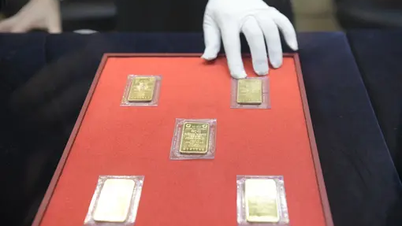

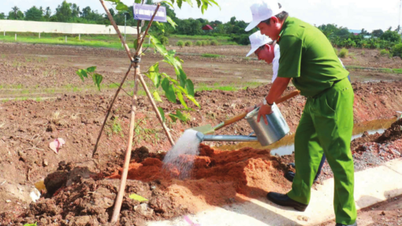
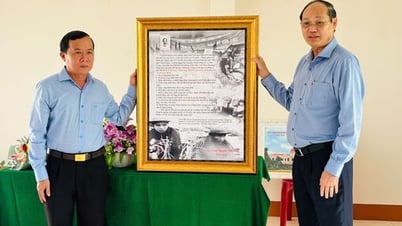
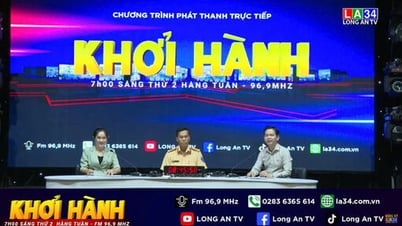
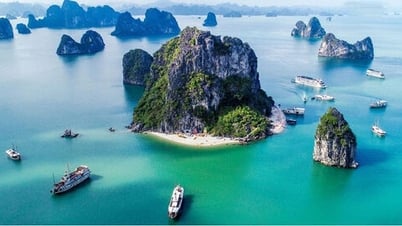
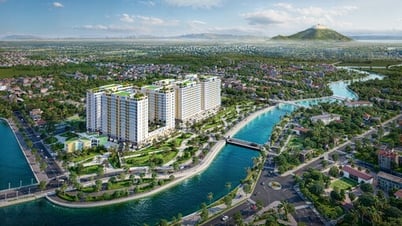




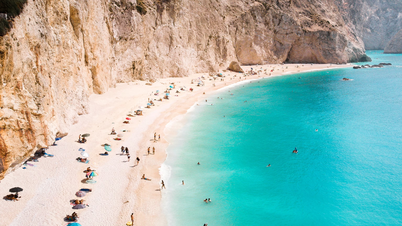


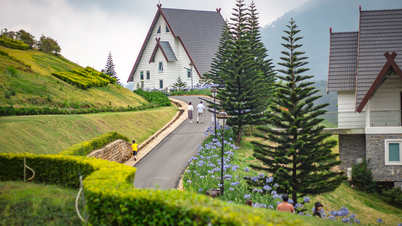
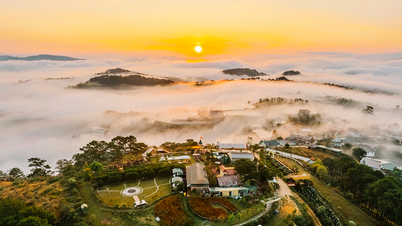
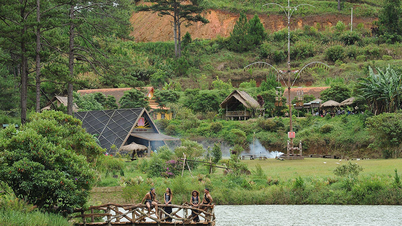








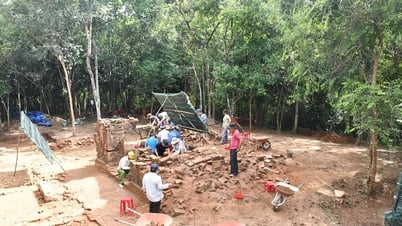










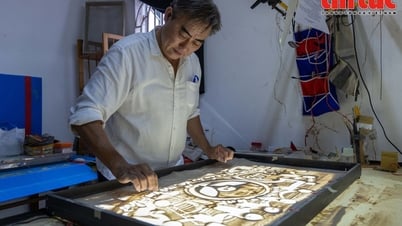

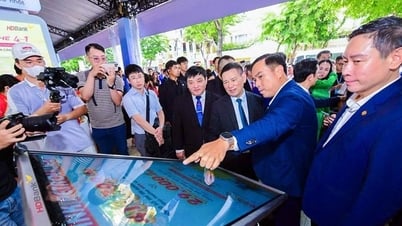







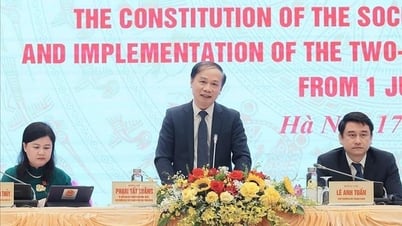





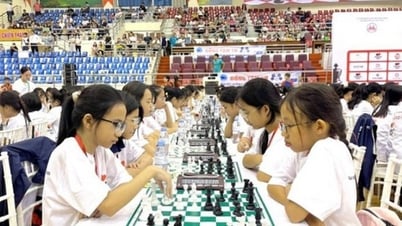

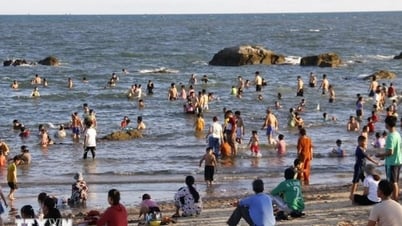



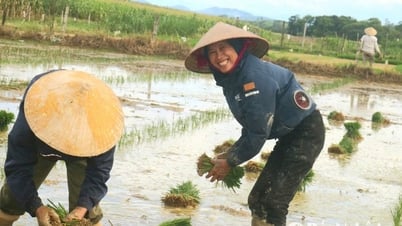



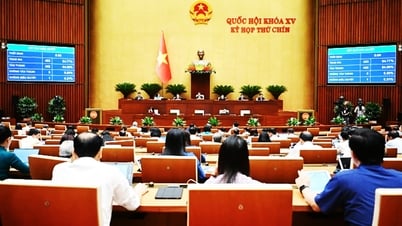



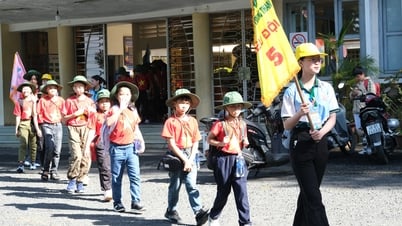

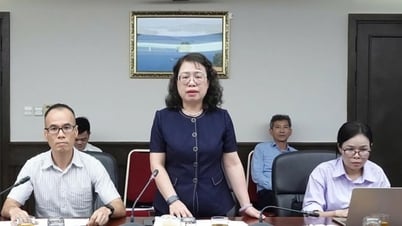









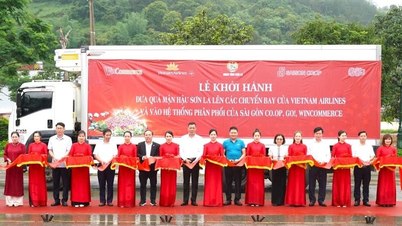

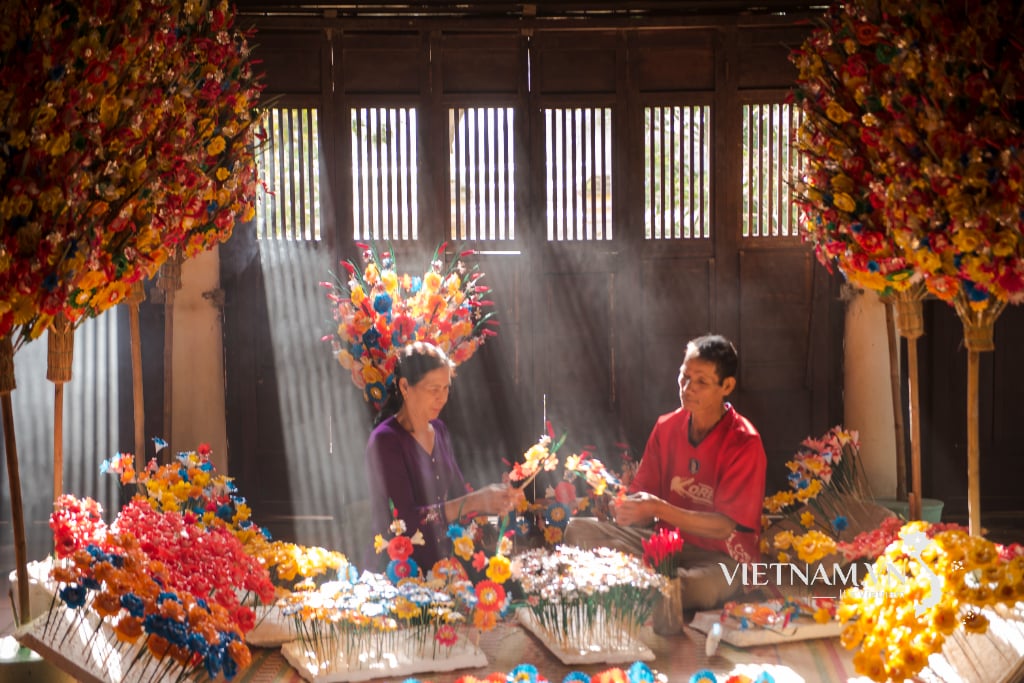
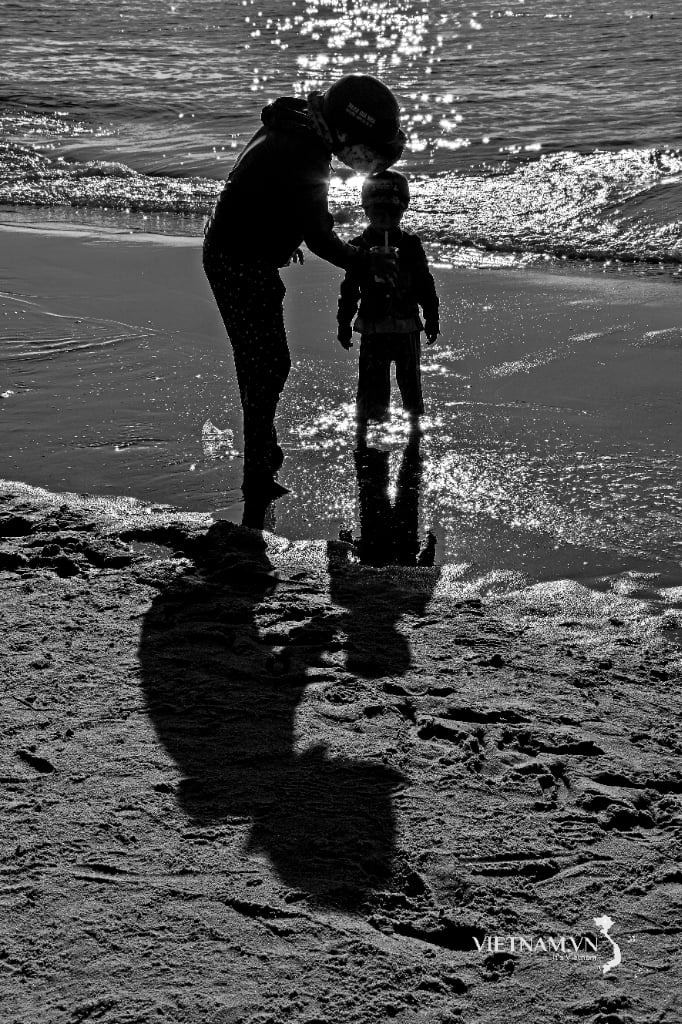
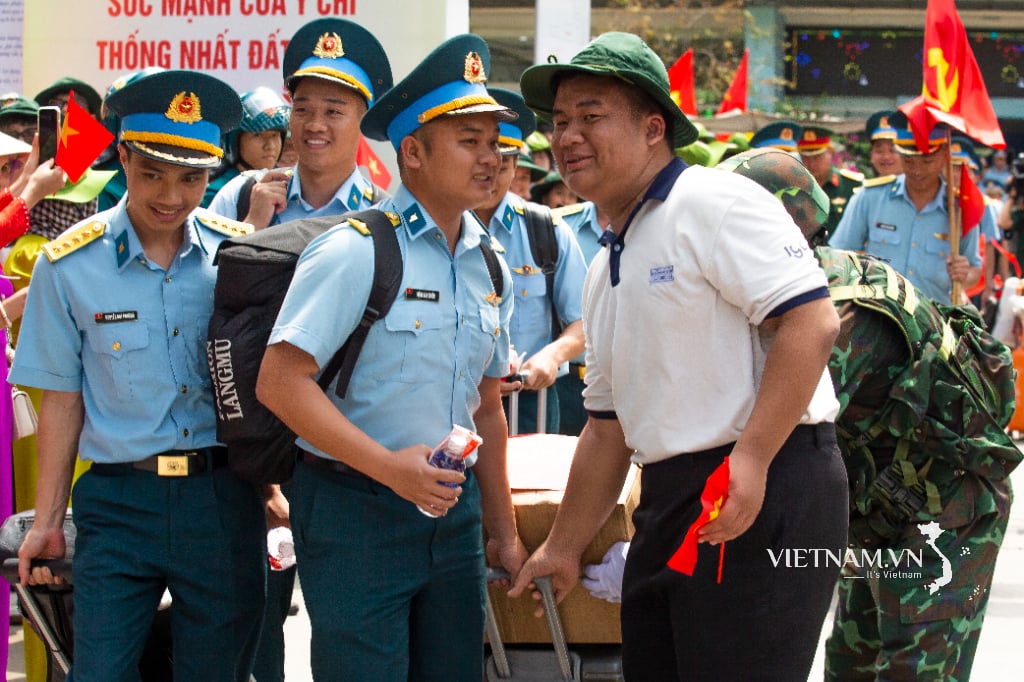

Comment (0)